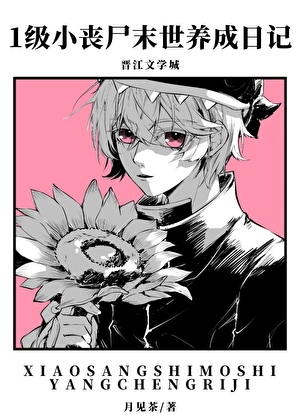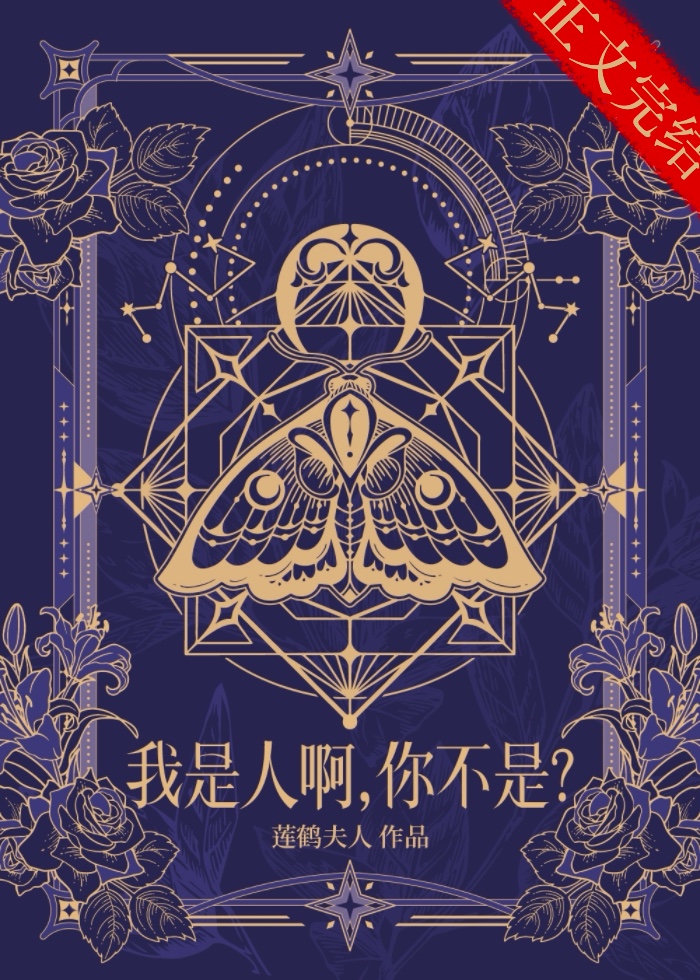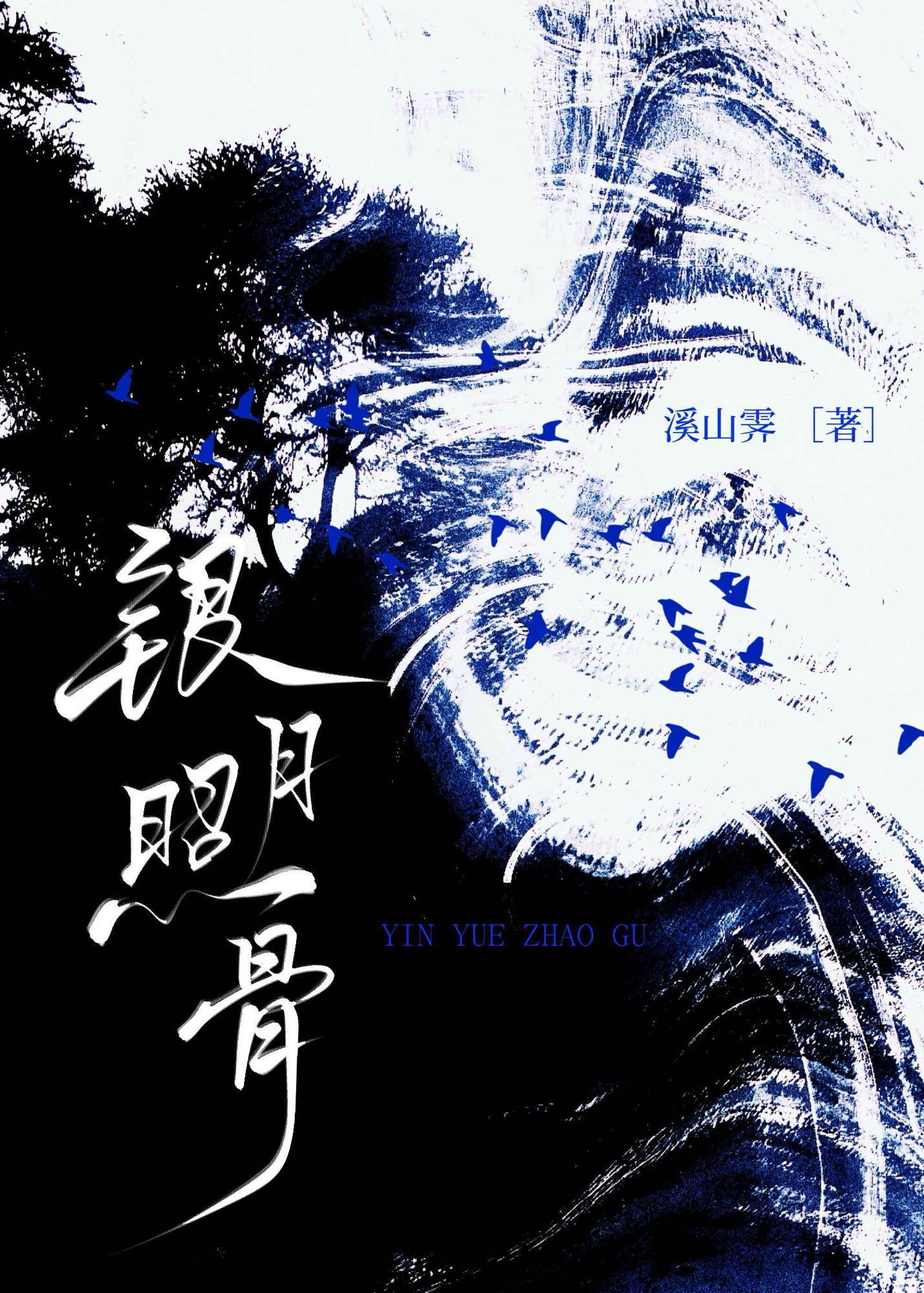During that time, Bai Mingcheng wasn’t there to face it with him. Bai Mingcheng’s mother had taken him on a trip to Europe to celebrate his college acceptance.
She didn’t know about their relationship. The second person to find out was Bai Mingchuan.
He hadn’t gone on the trip due to work, and when he came home unexpectedly, he overheard one of Luan Ye’s fights with his mom.
He didn’t seem surprised. Later, he quietly asked Luan Ye what he planned to do.
Coming out because of love—what would he do in the future when returning to China? Bai Mingcheng wasn’t going to leave the U.S., so would Luan Ye apply to stay too, or break up after graduation?
Even aside from that—what about college tuition for the next four years?
Maybe Luan Ye stayed silent for too long, so Bai Mingchuan added:
“Don’t worry too much. Bai Mingcheng’s allowance is pretty generous.” Then he seemed to chuckle. “If it’s not enough, you can ask me.”
He sounded like a caring older brother, but Luan Ye could hear the condescension beneath his casual tone—the way he dismissed their teenage romance as a passing phase.
Luan Ye looked at him for a long time before replying: “No need. But thank you.”
Back then, he thought he could handle anything. Later, he realized… maybe his mom wasn’t entirely wrong.
Going abroad so young had made him stubborn and unwilling to bow his head. And Bai Mingcheng had always been excellent—never failed, never suffered setbacks. He was confident and proud, believing there was nothing he couldn’t do. He set impossibly high standards for himself.
Especially in his passion—photography.
Luan Ye shot various things: sometimes landscapes, sometimes portraits, often sugary commercial gigs. His mom had kept her word, only giving him a bonus for getting into college. The rest of his tuition and living expenses were on him.
He could’ve accepted help from Bai Mingcheng, as Bai Mingchuan had suggested. But he chose not to. When Bai Mingcheng returned, he casually said he had come out and his mom wasn’t happy.
“Back then I was too young. My pride mattered more than anything,” Luan Ye said after a pause. “Especially when it came to money. No need for him to know.”
Bai Mingcheng was studying news photography—a field demanding both technical skill and powerful content. With his wealthy background, he didn’t need to worry about expenses. What he wrestled with most was dissatisfaction with his own work.
He dreamed of becoming the next Eugene Smith or Eisenstaedt—capturing iconic news photos that would be remembered forever.
That pressure and self-demand consumed all his spare time. But his constant dissatisfaction led to growing anxiety.
There were many places to go for news photography, and often Bai Mingcheng hoped Luan Ye would go with him, to give him some advice and ideas during moments of anxiety. But at that time, Luan Ye was also very busy. They had already met Xu Song, who frequently introduced him to commercial photography gigs, such as runway shows or magazine shoots, to make money.
After many disagreements, the arguments between the two became more frequent.
Bai Mingcheng believed that Luan Ye only knew how to take “sugar-coated” photos—pictures that were pretty but lacked substance or thought—and that he had no respect for photography as an art. He wanted Luan Ye to work with him on projects that strayed from commercialism, to create works that were truly worth remembering.
Luan Ye had tried to compromise. He accompanied Bai Mingcheng over and over to all sorts of harsh environments in search of material, but Bai Mingcheng still couldn’t produce the perfect work he longed for. Meanwhile, Luan Ye had sacrificed a lot of study and work time to accompany him, and eventually, four or five out of ten times, he started refusing to travel far and wide with him.
Before the summer break of their sophomore year, after yet another argument, Luan Ye couldn’t help but say to Bai Mingcheng:
“Photography is for recording, not for creating epic narratives. If your only goal is to create the perfect photograph, then it’s bound to fail from the start.”
Bai Mingcheng looked at him for a long time, his voice and expression both cold when he finally spoke:
“You think I can’t do news photography, so I should shoot commercial stuff with you?”
“That’s not what I meant.” Luan Ye sighed. “I just think you’re too hard on yourself—it’s going to hurt you.”
After a long silence, Bai Mingcheng had replied:
“Pain is the only way to create something perfect.”
Not long after that fight, during summer vacation, Xu Song introduced Luan Ye to a portrait photography job in Seattle. A few days after Luan Ye accepted the offer, Bai Mingcheng asked him to go to Gaza with him to shoot photos for that year’s International News Photography Competition.
But Luan Ye had already signed the contract and bought the ticket, so he turned Bai Mingcheng down.
While packing, Luan Ye heard Bai Mingcheng suddenly ask from the living room:
“Do you want to break up?”
In the bedroom, Luan Ye’s hands paused mid-packing. He turned and asked back,
“And you?”
They said nothing more.
Later, Luan Ye often thought—
If only he had gone with Bai Mingcheng.
If only they were the kind of lovers described in old songs—“Only when the mountains fall and the earth cracks will I part with you.”
If only love were like life itself, and goodbye like a terminal illness.
Or maybe, if they had just been one of many hollow couples in the world, with no true feelings left, able to separate as casually as any normal farewell.
But unfortunately, they were somewhere in between—still clinging to the warmth of love, but each too proud for their age. Neither willing to bow their head nor soften their stance.
Luan Ye went to Seattle as planned.
Bai Mingcheng went to the Middle East to prepare for the news photography contest.
For a long time, Luan Ye didn’t know how to break the ice, so all he could do was send occasional messages telling Bai Mingcheng to stay safe.
Sometimes Bai Mingcheng replied with a simple: “Got it.”
That summer felt endless.
The next time Luan Ye heard of Bai Mingcheng was when he saw his work.
In the midst of war: a father and daughter, dressed in tattered traditional Gaza attire. The daughter lay in a pool of blood, both legs blown off, blood spraying everywhere, her body limp. The father held her head helplessly, looking up and crying for help.
All around them was rubble, the ruins left by war. The whole scene was shrouded in darkness, except for a sliver of morning sunlight that fell perfectly on their faces, transitioning the frame from dark to light.
On the girl’s face was pain and the fear of death. Her eyes looked toward the camera—pupils like turquoise.
This photo, titled “Father and Daughter in War,” was posted by Bai Mingcheng on social media. It was shared tens of thousands of times and reposted by the most authoritative news photography site, triggering massive attention.
Technically speaking, the photo was perfect in composition, lighting, and depth. The suffering and fear it captured were striking—an outstanding piece of news photography.
But what followed was a storm of public controversy.
Some believed that news photography should be non-intrusive—only there to document.
Others said it was a form of visual violence against suffering: when your camera faces death and desperation, should your priority be the perfect shot—or human life and dignity?
At the time, Luan Ye was still in Seattle. He immediately called Bai Mingcheng, but there was no answer. He wrapped up the shoot and rushed back to his home in California.
Bai Mingcheng had left Gaza but didn’t return to California, nor to the Bai family home.
Everyone, including Bai Mingchuan and Luan Ye, was looking for him, but he vanished—his phone off, as if he had disappeared from the world.
Until one early morning, Bai Mingcheng called Luan Ye.
The call lasted exactly 9 minutes and 20 seconds.
Afterward, Bai Mingchuan and their mother asked Luan Ye again and again—what was said in what could now be considered Bai Mingcheng’s final words?
In truth, almost nothing.
Other than Luan Ye calling his name over and over, asking where he was, Bai Mingcheng said nothing for the entire call.
Just before hanging up, he finally gave the name of a hotel.
“I saved her after taking the photo—but it didn’t work.”
That was Bai Mingcheng’s final sentence.
Those nine minutes of total silence in the middle of the night filled Luan Ye with sudden, overwhelming fear.
He drove straight to the hotel. When he opened the door, he heard faint water sounds from the bathroom.
The moment he kicked open the bathroom door, cold steam mixed with a rusty smell rushed out.
Bai Mingcheng lay lifeless in the bathtub.
Luan Ye knelt beside him and touched his icy skin.
…..
Fan Qing gripped Luan Ye’s hand.
In his shock and disbelief, regret surged through him.
He had imagined so many times what Bai Mingcheng might be doing, where he might be.
But he had never imagined that this would be the ending.
The room fell silent. A long time passed before Fan Qing finally spoke.
“After that… you got sick.”
“Mm.” Luan Ye’s voice was fairly calm. “Severe anxiety and depression. I couldn’t go to school.”
“You’ve probably seen the scars on my left hand,” Luan Ye asked.
Fan Qing gave a soft “mm.”
Luan Ye continued, “They’re from that time.
When you’re sick, sometimes you can’t control yourself.
Eventually, someone found out.”
“Sounds childish, even a bit emo, right?” Luan Ye said.
Fan Qing squeezed his hand tightly, trying to keep his voice from cracking. “No.”
“Really?” Luan Ye smiled. “Well, I couldn’t help it back then. It made me feel a little better.”
“Besides that one attempt, I thought about a lot of other ways—jumping off a building, overdosing… sometimes my imagination was pretty vivid.
But I couldn’t do it. People kept telling me—it would make the ones who love you sad.
It would hurt the ones who left you.
It would hurt the ones who stayed.
Like if I died, I’d become some unforgivable sinner.”
Fan Qing leaned in, pressing his face to Luan Ye’s neck. His warm breath trembled on Luan Ye’s skin.
He remembered the first time he brought Luan Ye into the snowy mountains, and what Luan Ye had said that night.
Luan Ye felt the grip on his hand tighten. He turned over, pressing his forehead to Fan Qing’s, their breath mingling.
“Then I just started wishing I’d get seriously ill one day, or that I’d die in some sudden accident while shooting.
It would be like redemption—no guilt, no burden on others.”
Luan Ye let out two soft laughs in the dark.
“If Heaven wants me dead, then no one can blame me anymore.”
Fan Qing said nothing. He just listened as Luan Ye laid everything bare.
“But not anymore,” Luan Ye said. “Two years of medication, and I could finally stop thinking all those crazy things. I could do something else—like photography.”
After two years of isolation came a frenzy of outdoor shooting.
Luan Ye poured himself into photography, gradually gaining recognition. His work rose in value, and he even held a few exhibitions.
But he never shot portraits again.
In the past few years, he traveled to countless places. Unless he was suddenly too ill to go out, he rarely stopped.
He was afraid that if he stopped, he’d sink back into that early state of confusion and numbness.
When you’re photographing, nature often feels human—through the lens, you find a reflection of yourself.
Many are moved by the stars, the ocean, or a waterfall because, deep down, they love the world.
But back then, Luan Ye wasn’t like that.
“Two years ago I went to the uninhabited Gobi desert to take pictures—endless wasteland, choking yellow sand and dust. Barren. Not a single blade of grass.”
Even with their foreheads pressed together, his voice was still low, like a slow breath in the dark.
“It felt just like my life at the time.”
Fan Qing leaned closer, his nose brushing Luan Ye’s cheek. He whispered,
“And then?”
In the darkness, he heard Luan Ye let out a small laugh.
“Then I went to Yunnan. To Xuehu Village.
And I met you.”
The words floated in the dark, like a slow-moving dream.
“You were a seed, taking root on the surface.”
![You’re Causing Chaos Again [e-sports] You’re Causing Chaos Again [e-sports]](https://www.freenovels.net/wp-content/uploads/2023/06/1sMqC2JNjIep8Ov.jpg)


![Professional Red Thread Cutter [Quick Transmigration] Professional Red Thread Cutter [Quick Transmigration]](https://www.freenovels.net/wp-content/uploads/2025/05/IMG_6298.jpeg)

What a powerful chapter…so well written…captivating my soul..